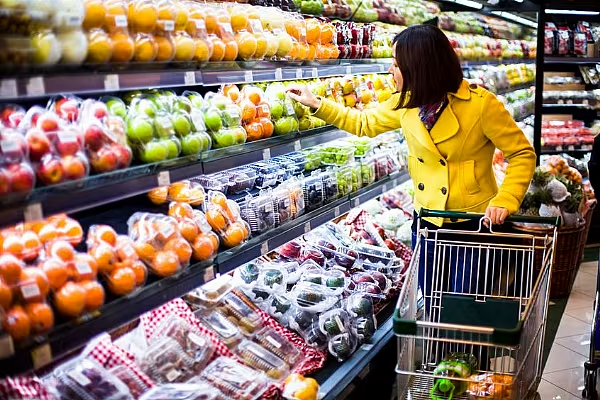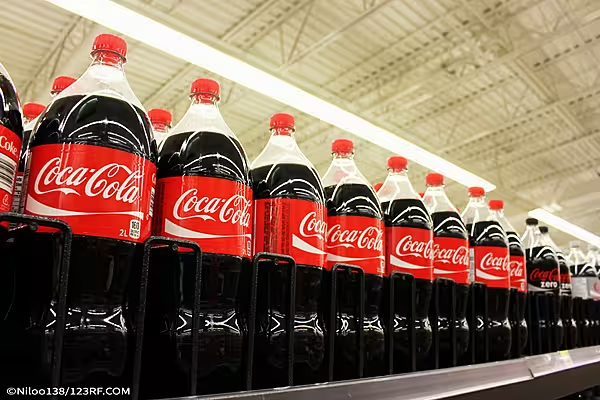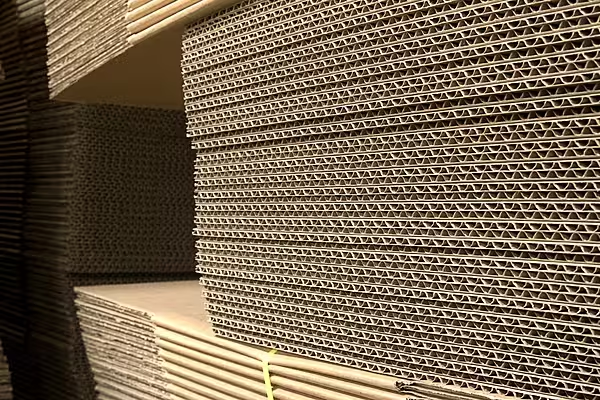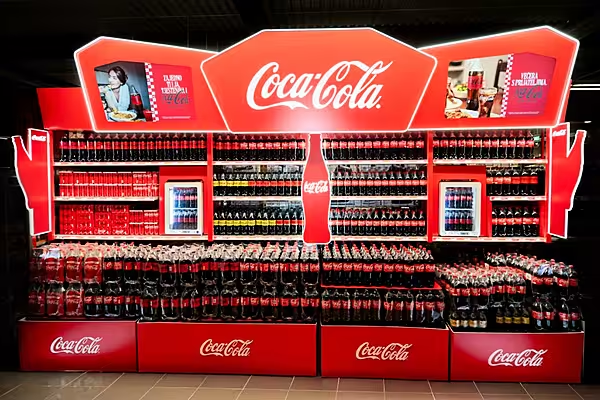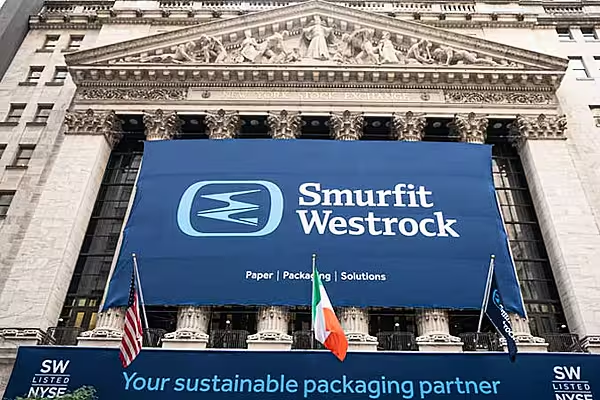Michael Gove, the UK's secretary of state for environment and food, has vowed to push supermarkets on their use of plastic packaging.
This came in response to a question from MP Ian Lucas in the House of Commons yesterday, who accused supermarkets of using "appalling" amounts of plastic.
According to the Financial Times, Gove also suggested that consumers should favour independent retailers.
“While I have no wish to undermine Asda, which is an admirable retailer, I find that when buying meat the best thing to do is to go to one’s local butcher – in order to buy locally and to invest in the local economy,” he said.
These comments follow the announcement of Prime Minister Theresa May's 25-year plan for reducing waste and tackling climate change.
In a speech made earlier this month, May pledged to eliminate all 'avoidable' plastic waste by 2042, and proposed the introduction of plastic-free aisles in supermarkets.
"In years to come, I think people will be shocked at how today we allow so much plastic to be produced needlessly," said May. "This truly is one of the great environmental scourges of our time."
Retail Response
Following May's announcement, UK retailer Iceland pledged that its private label range will be plastic-free by 2023.
The frozen food retail chain said it will switch to packaging made from paper and pulp that are fully recyclable through domestic waste collection or in-store recycling facilities.
“The onus is on retailers, as leading contributors to plastic packaging pollution and waste, to take a stand and deliver meaningful change,” said the company's managing director Richard Walker.
Environmental organisation Greenpeace has welcomed Iceland's plans, and is calling on other supermarkets to follow suit.
"We can all do our bit as individuals to reduce our plastic footprint by bringing our own bags when we go shopping or carrying reusable coffee cups and water bottles," said Tisha Brown of Greenpeace UK. "But when we go grocery shopping, it’s a bit more difficult to avoid plastic packaging."
"Along with going plastic-free in their own-brand packaging, there are other steps that supermarkets can take to reduce their plastic footprint," she added.
"They can help to reduce the amount of plastic produced by trialling dispensers and refillable containers in store and via home deliveries. This will go a long way in reducing the nearly 1.1 million tonnes of plastic packaging consumed in UK households every year."
© 2018 European Supermarket Magazine – your source for the latest retail news. Article by Sarah Harford. Click subscribe to sign up to ESM: The European Supermarket Magazine.
